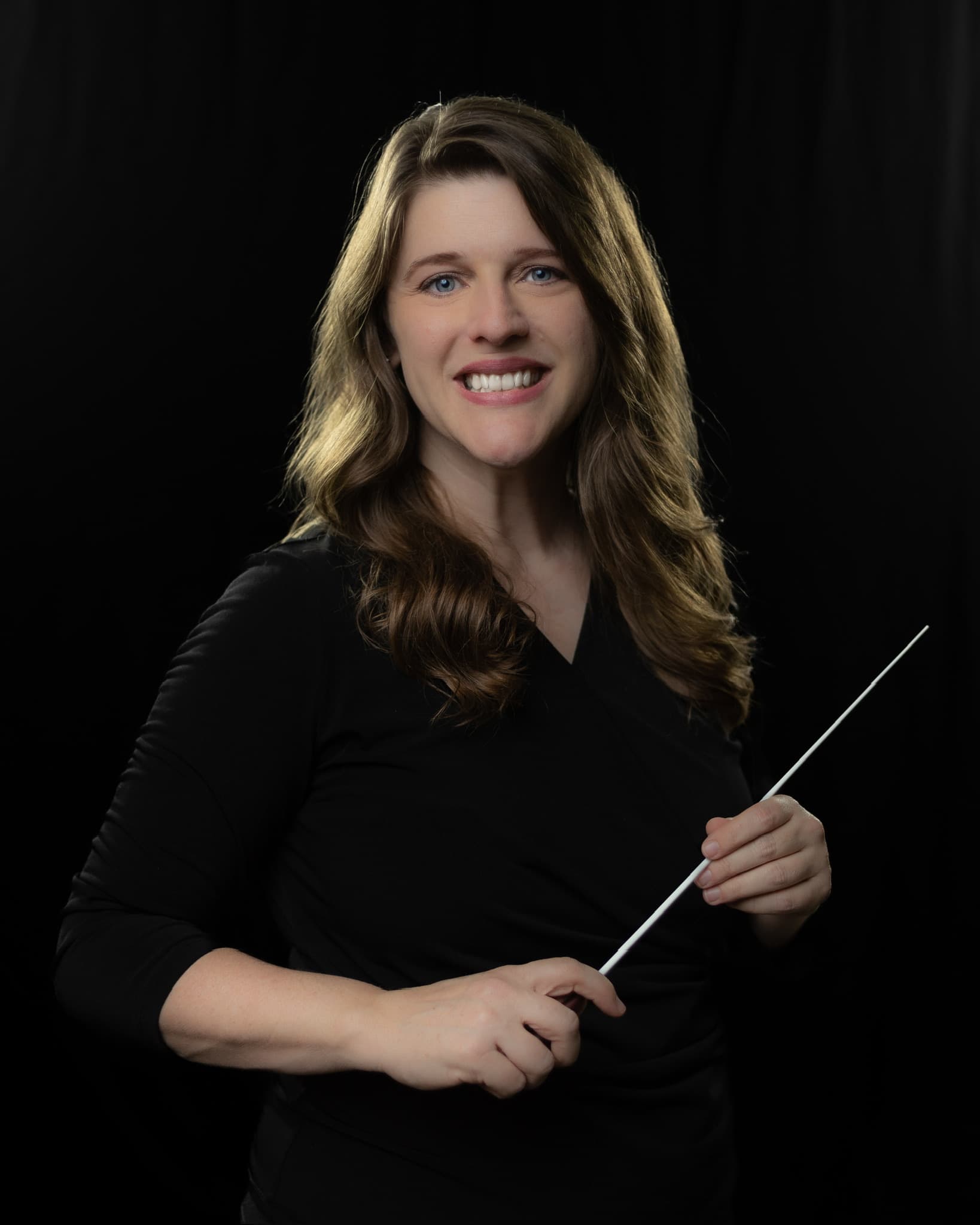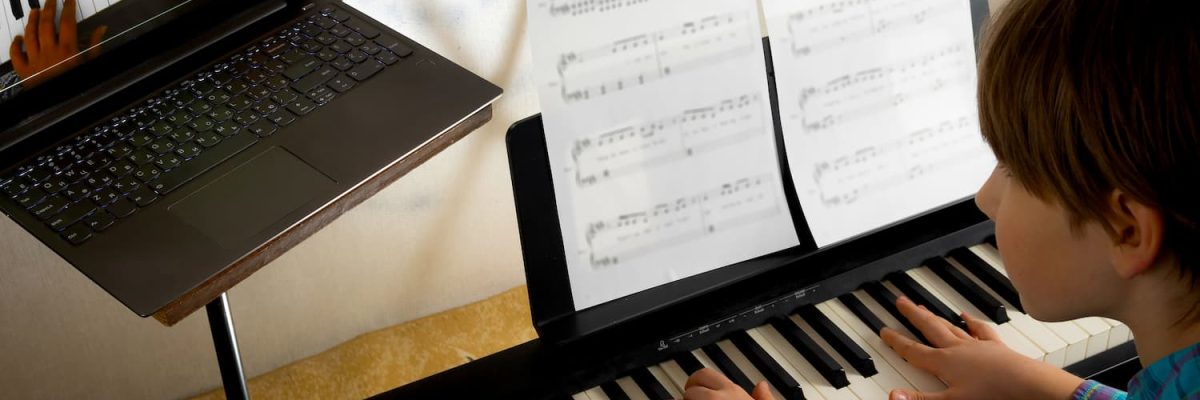Are you an aspiring musician looking for ways to be more productive in your practice sessions? Whether you are a beginner or an experienced musician, mastering your instrument takes time and dedication. Practicing is the key to becoming a great musician, yet many musicians struggle to find enough time in their day-to-day lives. No worries! There are simple tips and tricks you can use to make the most out of your practice sessions. Here are five ways to be more productive when practicing your instrument.
Setting Goals
First, how can you maximize your productivity during practice? You must approach each session with focus and determination. Quality is just as important as quantity, so it is imperative to set goals conducive to keeping you motivated, focused, and on track. Goals can be both short-term and long-term. Short-term goals are important for smaller accomplishments that build up to a larger successes. For example, when learning a new piece of music, you could break it down into sections and have a goal to master each section before moving onto the next one. Long-term goals provide more of an overall vision and direction for your practice sessions. Maybe your goal is to become proficient at playing solo pieces or even to participate in a band or an orchestra someday. Setting a timeline can help you stay organized and motivated while working towards these larger goals.
Additionally, setting realistic goals is key. It is tempting to push yourself too hard in order to make quick progress, but this often leads to frustration or burnout if expectations are not met in time. You want to be realistic in terms of what progress can be made within the amount of time you have available for practice sessions. Celebrating small successes helps with motivation as well!
At the end of each practice session, reflect on what was accomplished during that time. This will help you focus on what needs more work in the next session. It also helps measure progress over time, allowing you to feel good about your successes along the way, as well as identify areas where more focus is needed.
Scheduling Time for Practice
Now that you have set your goals, it is important to create a practice plan that will help you achieve them. Scheduling time for practice is key if you want to make progress and stay motivated while practicing. Start by figuring out how much time you can dedicate to practice each day or week. Make sure it is realistic and achievable to avoid becoming overwhelmed or discouraged.
Once you have a general idea of the amount of time, break down what specific tasks you are going to work on during each session. It could be something as simple as going over scales, sightreading a piece, or working on a particular part of a song. Include some breaks in between sections so that your brain has time to reset and process everything that has been learned.
Finally, try assigning yourself “homework” after each practice session so that any new material is constantly being reinforced. Two examples of this could be listening to recordings of certain pieces or writing out excerpts from sheet music by hand. Making sure the material is fresh in your mind will help with long-term progress and keep your motivation at an even level over an extended period of time.
Create A Routine
Creating a routine is one of the best ways to become more productive when practicing your instrument. Set aside a certain amount of time each day dedicated to practice, and make sure you stick to it. This way, you will be able to track your progress and stay motivated.
For example, if you play the piano, try scheduling 30 minutes each day for practice. Make sure that this time is not interrupted by any distractions or other activities. You can even use an alarm on your phone or computer to remind yourself when it is “practice time.” During practice, focus on specific goals such as mastering a particular piece or working on basic exercises.
Practicing with a routine allows you to focus and get more out of each session. A scheduled practice time is better than randomly practicing whenever it is convenient for you. Setting aside dedicated practice time each day helps ensure that progress is made steadily and quickly over time.
Utilizing Technology
Using technology can be a great way to become more productive when practicing your instrument. There are many free apps available that you can use to record yourself playing and to measure your progress over time. To gain new inspiration, you can use online resources, like YouTube, Spotify, and SoundCloud to listen to recordings of yourself or other musicians.
Practicing with a metronome is another great way to utilize technology in your practice routine. A metronome app can help you create a steady tempo while you are playing. This will allow you to focus on different aspects of your playing such as tone, dynamics, and accuracy. It also helps build greater rhythmic accuracy in the long run.
Finally, the internet is filled with countless music tutorials and apps that can help you learn new techniques or songs quickly and efficiently. Videos by professionals or even just fellow enthusiasts can provide additional insight into how they approach their practice and performance. By taking advantage of these resources, you can find ways to make the most out of each practice session.
Seeking Professional Help
Seeking professional help is a great way to become more productive when practicing your instrument. A knowledgeable teacher can provide you with valuable feedback and advice about how to improve your technique. They can also show you different approaches to music, which can accelerate progress in developing your skills. Additionally, a teacher can give you specific exercises that are tailored to your individual needs.
Utilizing a professional is almost necessary if you want to move beyond the basics and become more proficient with your instrument. With an experienced mentor guiding you along the way, it is easier to stay focused and motivated toward reaching your goals. Furthermore, having someone else listen to your playing allows you to gain insight into areas of improvement that might have gone unnoticed.
Working with a professional is an effective way to reach a higher level of proficiency with your instrument. It is important, however, that the instructor suits your individual needs and interests so that you get the most out of each lesson. When you utilize the help of a professional, you can experience the wonderful benefit of tangible improvements in skill over time.
Next Steps
It is no secret that effective practice takes time and dedication, but it does not have to be overwhelming or boring. It is possible to create good habits when and how you practice to achieve your goals as a musician. Success is in your hands! When implementing these five simple steps in your “practice” life, you will be well on your way towards becoming a more productive musician!

A native of Florida, Cindy grew up with a rich family history of music. Starting with piano at age 9, she added flute and other instruments to her repertoire in junior high. She made all-county band and played piano for her school’s jazz band and show choirs. Throughout her teen years, she also had opportunities to perform in her local community in churches, assisted living facilities, plays, and productions. While pursuing her college degree in education, she traveled as the pianist for a college-sponsored singing group in 48 states over five summers. She has now been teaching music, including instruments and voice, since 1995. She has instructed students of all ages and skill levels, and many of her students from decades past now are teaching their own music students.

